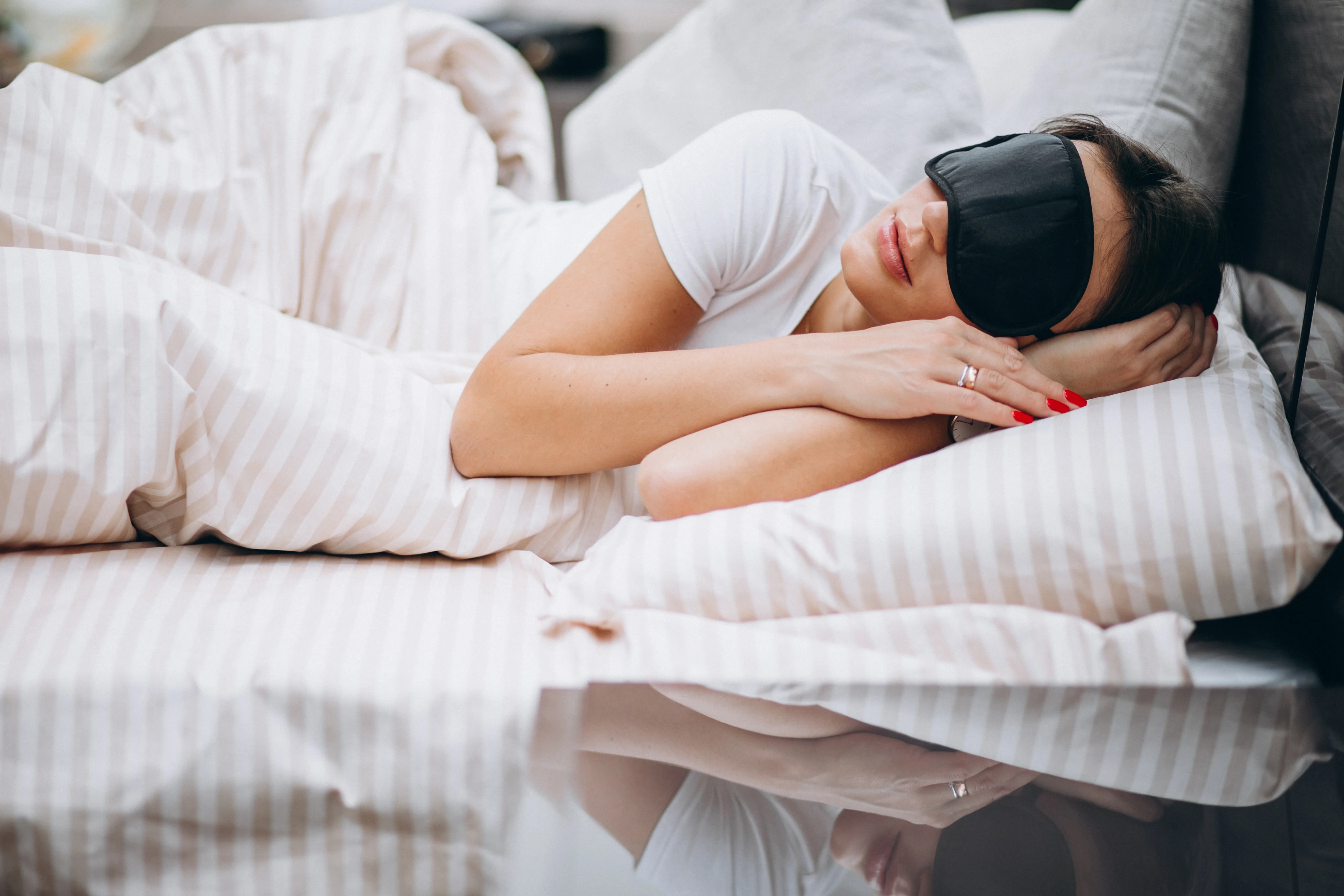
Why Good Sleep Matters and How to Get It
We all know that sleep is important, but it’s often the first thing we sacrifice when life gets busy. Whether it’s staying up late to finish work, scrolling on your phone in bed, or binge-watching that one last episode, sleep tends to get pushed aside. The truth is, though, your body and brain rely on sleep just as much as they rely on food and water. Without it, everything from your mood to your immune system takes a hit.
So how can you set yourself up for better rest? Let’s break it down into a few simple, practical tips.
Simple Habits for Better Sleep
- Stick to a schedule: Your body loves routine. Try going to bed and waking up at the same time every day—even on weekends. Over time, this trains your internal clock to know when it’s time to wind down and when it’s time to wake up.
- Move your body: Exercise is great for sleep, but timing matters. Aim for at least 30 minutes of physical activity most days of the week, but avoid working out within a couple of hours before bedtime.
- Watch what you drink: Caffeine and nicotine are stimulants that keep your brain alert. Skip that late-afternoon coffee or evening cigarette. Alcohol may make you drowsy, but it disrupts your sleep cycle.
- Create a bedtime routine: Signal your brain it’s time to relax. Try a warm bath, meditation, or reading. Avoid screens, since blue light tricks your brain into thinking it’s daytime.
- Make your bedroom a sleep sanctuary: Keep your room dark, cool, and quiet. Use blackout curtains or white noise if needed. And avoid TVs, phones, and laptops in bed.
- Don’t toss and turn: If you can’t sleep, get up and do something relaxing like reading or listening to soft music. Go back to bed when you feel sleepy.
- Know when to ask for help: If you’re always tired despite spending enough hours in bed, it might be time to see a doctor. Most sleep disorders are treatable once diagnosed.
What Science Says About Sleep
Researchers are still uncovering the mysteries of sleep, but one thing is clear: chronic sleep deprivation is dangerous. People who consistently get too little sleep face higher risks of obesity, heart disease, stroke, infections, and even some cancers. Sleep disturbances are also very common in people with Alzheimer’s, Parkinson’s, and other age-related neurological disorders.
One big question scientists are still trying to answer is whether lack of sleep causes these diseases, or if the diseases themselves disrupt sleep. The relationship seems to go both ways. Poor sleep can weaken the immune system, but being sick can also make it harder to sleep. Understanding these connections is at the cutting edge of sleep research.
Final Thoughts
Getting enough rest isn’t just about feeling less groggy—it’s about protecting your long-term health. Think of sleep as a kind of “nightly maintenance” for your brain and body. When you make it a priority, everything else—your focus, your energy, your mood, and your health— improves.
So the next time you’re tempted to stay up scrolling through your phone, remember: tomorrow’s version of you will thank you for putting the screen down and getting some real rest.